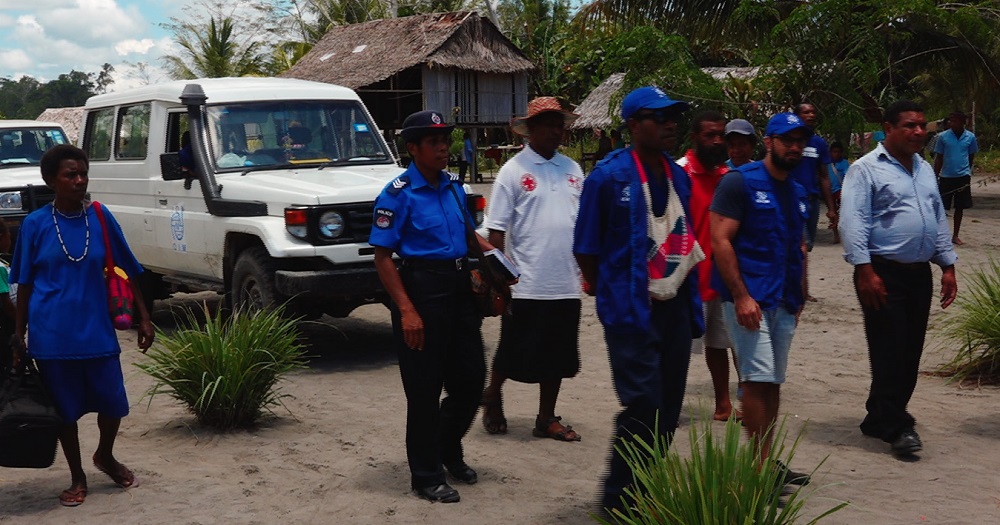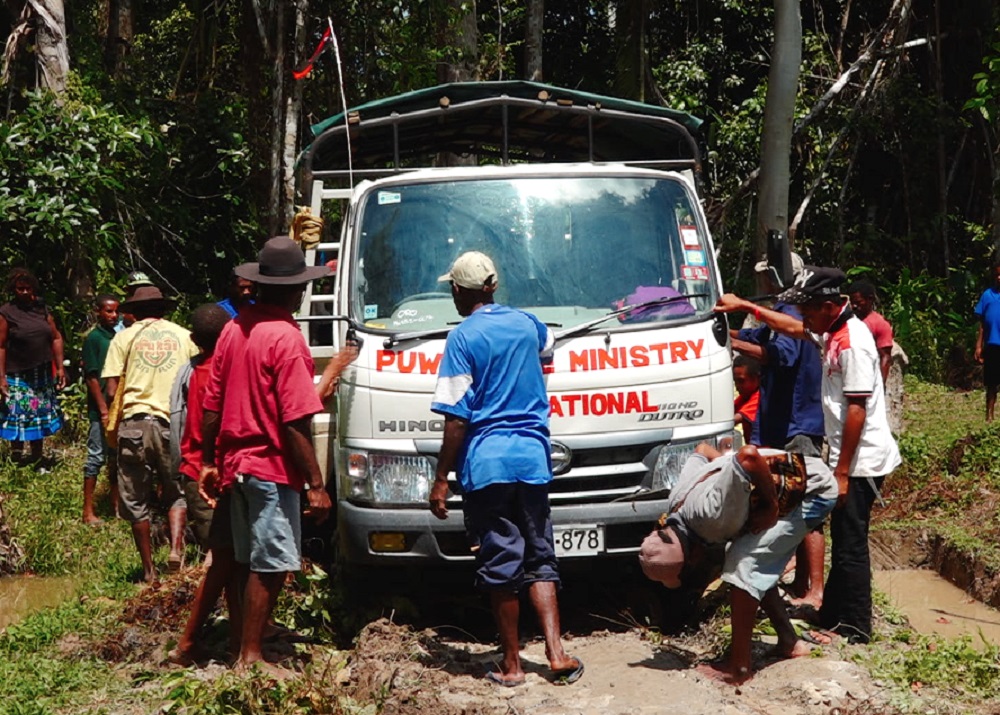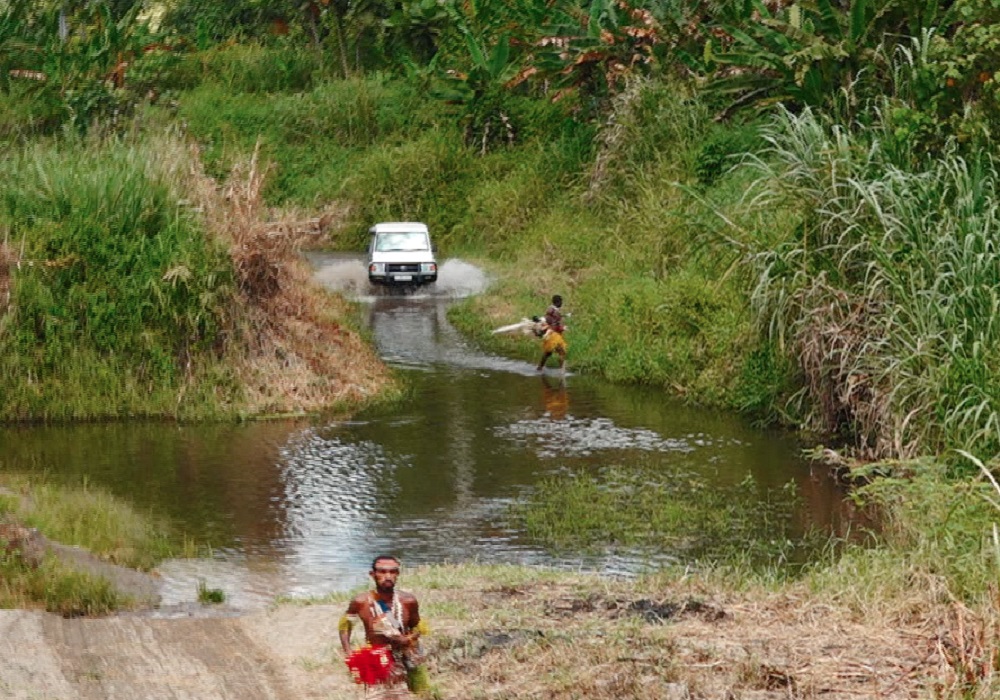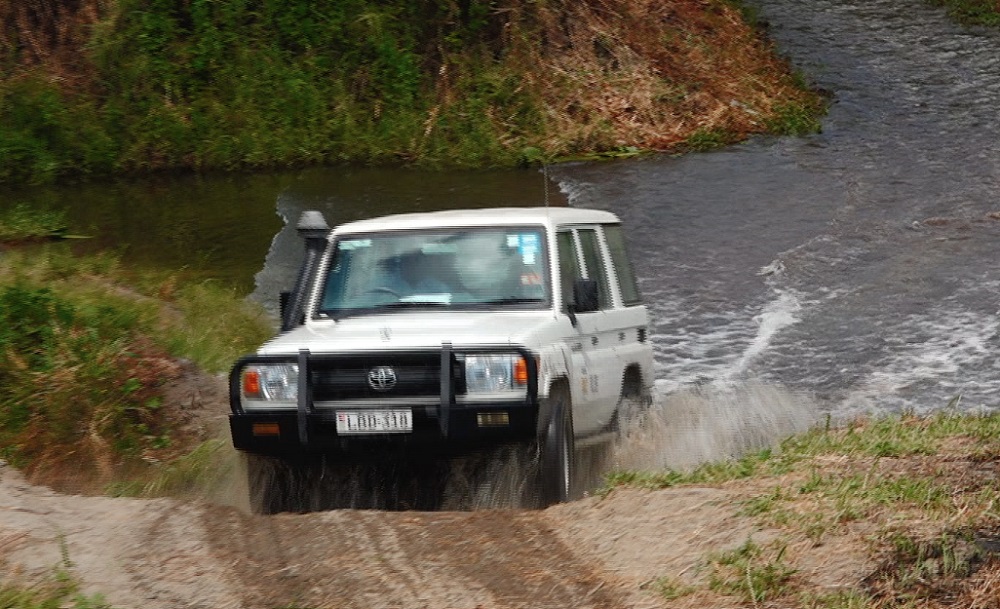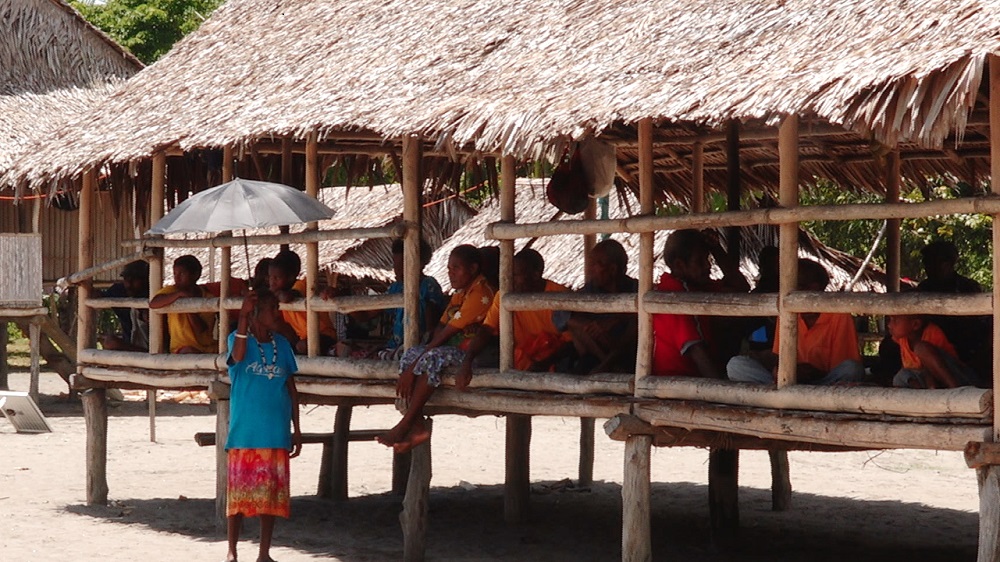by Marie Kauna – EMTV Online, Port Moresby
Not all communities in Papua New Guinea will experience high standards of health, education, transport systems, water supply systems and road networks, due to Papua New Guinea’s geographical setting, among many other factors.
One example is the Horau Haruru community in Sohe district, Oro Province.
Horau Haruru is a small community, which is a 90-minute drive down from Popondetta town. The community suffered greatly from the 2007 cyclone Guba.
The community has no health centre, school and the road leading to the village is a temporary one made by the local’s initiative.
For many years, the locals have not seen any form of basic services, and today almost eight years after the destruction by Cyclone Guba in 2007, the condition has not changed.
There is no school, health centre, water supply and even a proper road to the village. The only available form of transport is foot.
When health emergencies occur, locals walk two to three hours to reach the nearest available health centre, Sangara Health Centre, to get served.
On daily basis, the process remains the same. It is very hectic and challenging for the people however, they do not have other option but to continuously follow the same routine.
Children in the community travel each day to the nearest school, Haruru Primary, by foot, to get educated. During flood periods, the children are not able to travel to school as it becomes very difficult.
During the launching of the Community Based Disaster Risk Management Plan, at the community by the International Organisation for Migration (IOM), the locals thanked IOM for the support in recognising their struggles, and for providing the initiative in the form of the CBDRM plan. The plan will support them as their community is prone to disasters and is still recovering from Cyclone Guba’s aftermath.
The locals were grateful and happy that this initiative will support them and most importantly relay their calls on respective government authorities to see their struggles and look into it.
According to a Fred Akora, a Horau Haruru community member, basic services is a major challenge for them and highlighted that respective government authorities should divert their attention into developing the community.
For the people of Horau Haruru, the struggle is real everyday.


